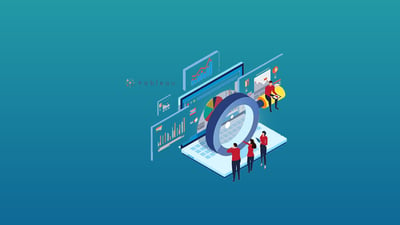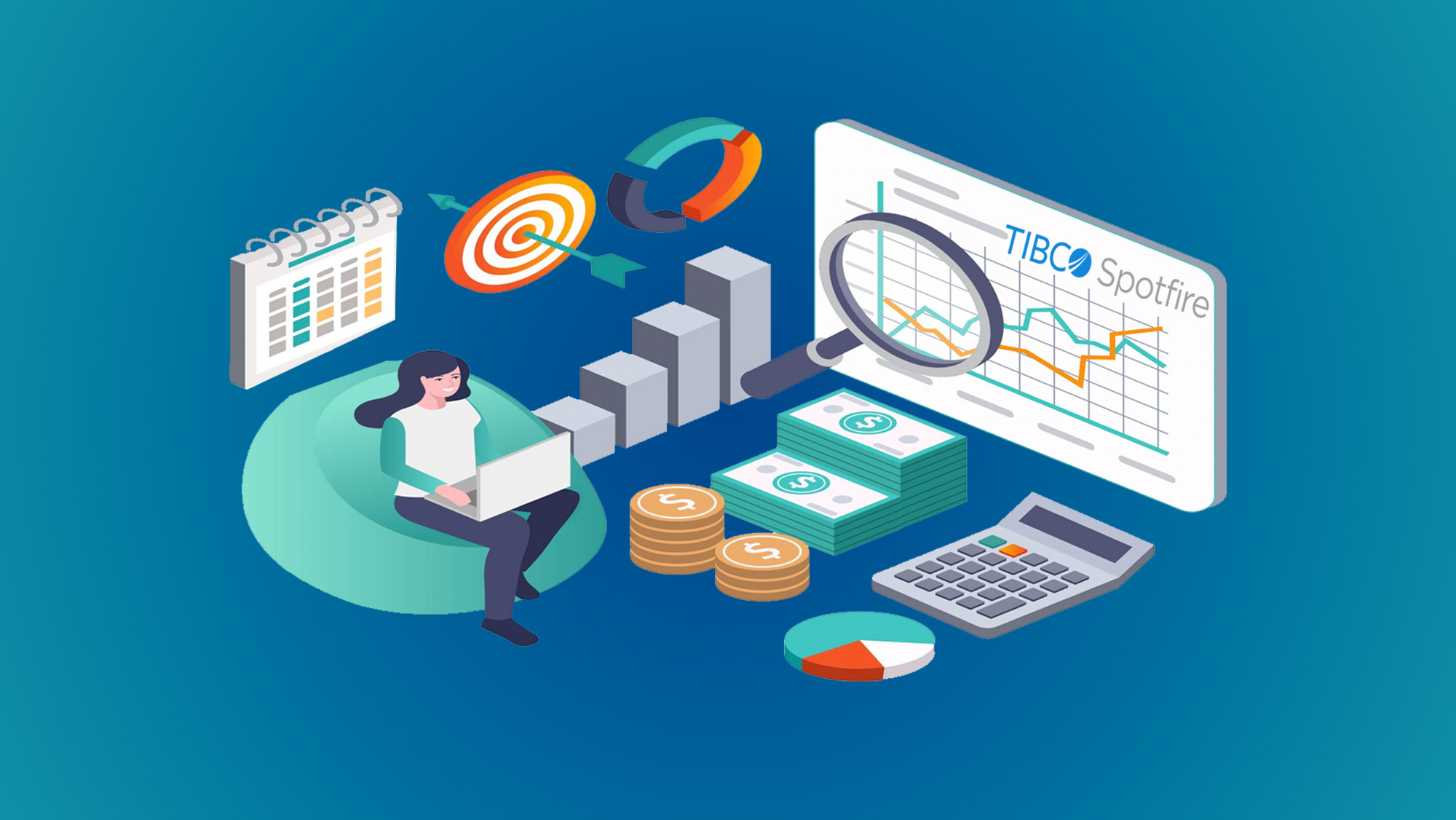Everything You Need to Know About Tableau Training
Introduction:
Tableau has emerged as a powerful data visualization and business intelligence tool that helps organizations make data-driven decisions. To unlock the full potential of Tableau and harness its capabilities, comprehensive training is essential. In this blog post, we will explore everything you need to know about Tableau training, including its significance, key features, training options, and the benefits it brings to individuals and organizations.
What is Tableau training
Why is Tableau training important?
How does Tableau training
Benefits of Tableau Training
prerequisites for Tableau training:
What is Tableau training?
Tableau training is an educational program that equips individuals with the skills and knowledge to effectively use Tableau, a powerful data visualization and business intelligence tool. Participants learn to create interactive dashboards, design visually appealing data visualizations, and leverage Tableau's features for data analysis and reporting, empowering data-driven decision-making.
Why is Tableau training important?
Tableau training is important for several reasons:
- Data Visualization Skills: Tableau training equips individuals with the skills to create impactful and visually appealing data visualizations. It teaches them how to effectively represent complex data sets in a meaningful and easily understandable manner.
- Data Analysis and Exploration: Tableau training enables individuals to explore and analyze data efficiently. They learn to utilize Tableau's powerful features to manipulate, filter, and drill down into data, uncovering insights and making data-driven decisions.

Read More: Data Visualization Mastery: Enhance Your Skills with Tableau Training |
- Improved Decision-Making: With Tableau training, individuals gain the ability to present data in a compelling manner, enabling stakeholders to make informed decisions. They learn to create interactive dashboards and reports that facilitate easy exploration and understanding of data.
- Enhanced Business Intelligence: Tableau is a widely-used business intelligence tool. Training in Tableau allows individuals to harness its capabilities to extract insights from data, identify trends, and track key performance indicators, driving better business outcomes.
- Career Advancement: Tableau is in high demand across various industries. By acquiring Tableau skills through training, individuals enhance their career prospects, as organizations seek professionals who can leverage Tableau to extract value from data and drive business success.
- Efficiency and Productivity: Tableau training equips individuals with efficient techniques for data manipulation, visualization, and reporting. This enhances productivity by reducing the time and effort required to generate meaningful insights from data.
- Collaboration and Communication: Tableau training emphasizes the importance of clear and concise data communication. Individuals learn to create interactive dashboards and reports that facilitate collaboration and communication among team members and stakeholders.
How does Tableau training?
Tableau training typically involves a structured learning program that combines theoretical knowledge with hands-on practical exercises. Here's how Tableau training works:
- Curriculum Design: Training providers design a curriculum that covers various aspects of Tableau, including its features, functionalities, and best practices. The curriculum is designed to cater to different skill levels, from beginners to advanced users.
- Instructor-led or Self-paced Learning: Tableau training can be delivered through instructor-led sessions conducted in classrooms or virtually, or through self-paced online modules. Instructor-led training offers the advantage of real-time guidance and interaction with the instructor, while self-paced learning allows individuals to learn at their own pace.
- Conceptual Learning: The training program starts with an introduction to Tableau, covering its key concepts, terminology, and data visualization principles. Participants learn about data connection, data preparation, and data blending techniques.
- Hands-on Practice: Training programs emphasize hands-on practice to reinforce learning. Participants work with sample datasets and use Tableau's interface to create visualizations, build interactive dashboards, and perform data analysis tasks. They learn to utilize Tableau's features and tools effectively.
- Real-world Use Cases: Training often includes real-world use cases to demonstrate how Tableau can be applied in different industries and business scenarios. Participants learn to solve specific business problems and gain insights from data using Tableau.
- Best Practices and Tips: Tableau training provides best practices and tips to optimize performance, design aesthetically pleasing visualizations, and effectively communicate insights. Participants learn techniques for data storytelling, dashboard design, and data-driven decision-making.
Benefits of Tableau Training:
Tableau training offers several benefits to individuals and organizations:
- Enhanced Data Visualization Skills: Tableau training equips individuals with the knowledge and skills to create compelling and visually appealing data visualizations. They learn how to present complex data in a simplified and meaningful way, enabling better understanding and decision-making.
- Improved Data Analysis and Insights: With Tableau training, individuals gain the ability to analyze and explore data effectively. They learn techniques to connect, clean, and transform data, enabling them to discover patterns, trends, and insights that can drive business decisions.
- Faster Decision-Making: Tableau training enables individuals to quickly transform data into actionable insights. By leveraging Tableau's intuitive interface and interactive dashboards, they can access real-time data, conduct ad-hoc analysis, and make informed decisions faster.
- Enhanced Business Intelligence: Tableau is a powerful business intelligence tool. Training in Tableau allows individuals to harness its capabilities for data visualization, reporting, and analytics, leading to improved business intelligence practices and better strategic decision-making.
- Increased Productivity and Efficiency: Tableau training empowers individuals to work more efficiently with data. They learn time-saving techniques for data manipulation, visualization, and report generation, resulting in increased productivity and streamlined workflows.
- Career Advancement: Tableau is widely used in various industries, and proficiency in Tableau can open up new career opportunities. Tableau training provides individuals with a competitive edge in the job market, making them attractive candidates for roles that require data visualization and analytics skills.
Prerequisites for Tableau training:
There are generally no strict prerequisites for Tableau training, as it is designed to accommodate learners with varying levels of experience. However, having a basic understanding of data analysis concepts and familiarity with working with data can be beneficial. Here are some suggested prerequisites for Tableau training:
- Familiarity with Data Analysis: A basic understanding of data analysis concepts, such as data types, data aggregation, and basic statistical measures, can provide a foundation for Tableau training. Knowledge of how data is structured and the purpose of data analysis will aid in grasping Tableau's functionalities.
- Proficiency in Spreadsheets: Having experience with spreadsheets, such as Microsoft Excel or Google Sheets, can be helpful. Understanding concepts like data organization, formulas, and basic data manipulation in spreadsheets can ease the transition to Tableau.
- Data Knowledge: Some knowledge of the data you will be working with can be advantageous. Understanding the structure, format, and relevant attributes of your data will aid in effectively visualizing and analyzing it using Tableau.
- Database Knowledge: Basic knowledge of databases and SQL can be beneficial, especially if you plan to connect Tableau to a database for data retrieval and analysis. Understanding concepts like tables, queries, and joins can facilitate working with database data in Tableau.
- Analytical Thinking: Having strong analytical and problem-solving skills will enable you to effectively analyze and interpret data using Tableau. The ability to think critically and ask insightful questions about data will enhance your learning experience.
Conclusion:
Tableau training is essential for individuals and organizations looking to unlock the power of data visualization and analysis. By acquiring the necessary skills and knowledge through comprehensive training, individuals can effectively leverage Tableau's features and capabilities to derive insights, make informed decisions, and drive business success. Whether through instructor-led training or self-paced online courses, investing in Tableau training empowers individuals to become proficient Tableau users and enables organization
You May Also Like
These Related Stories

Everything You Need to Know About Qlikview Training

Everything You Need to Know About Tibco Spotfire Training




No Comments Yet
Let us know what you think